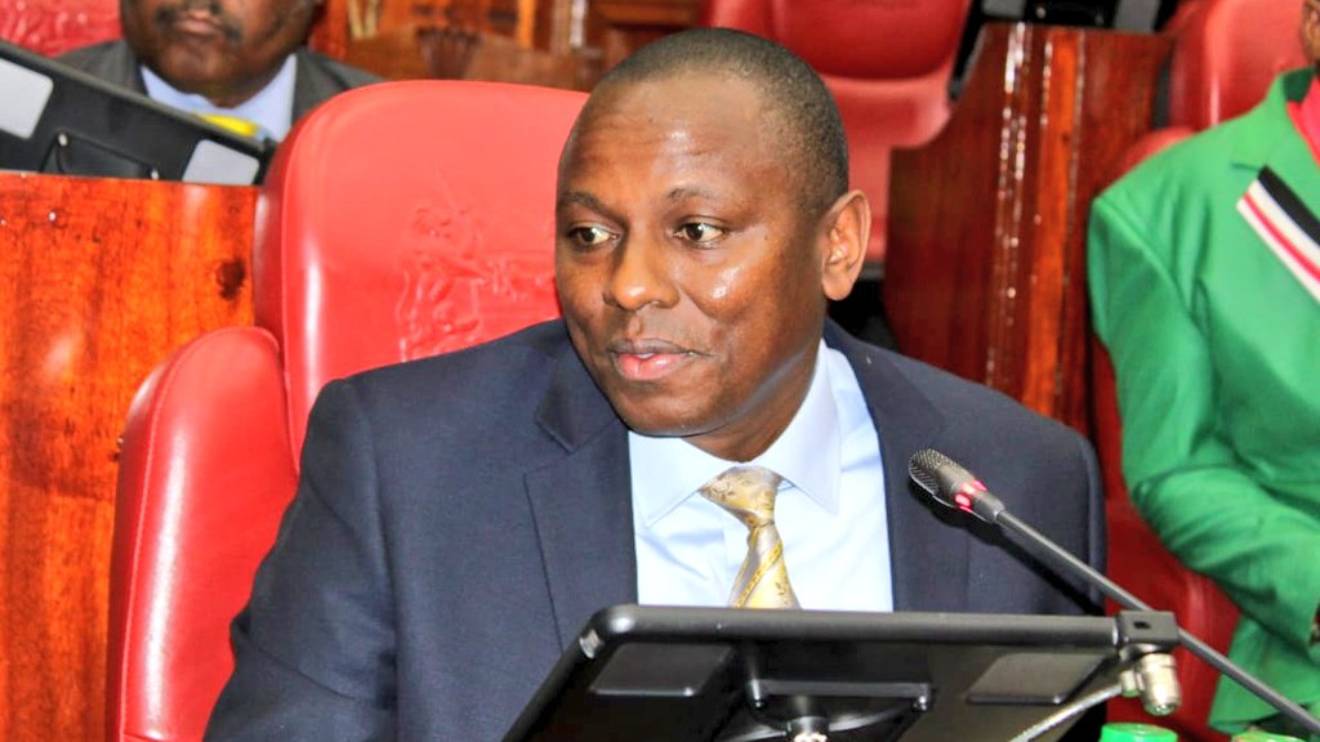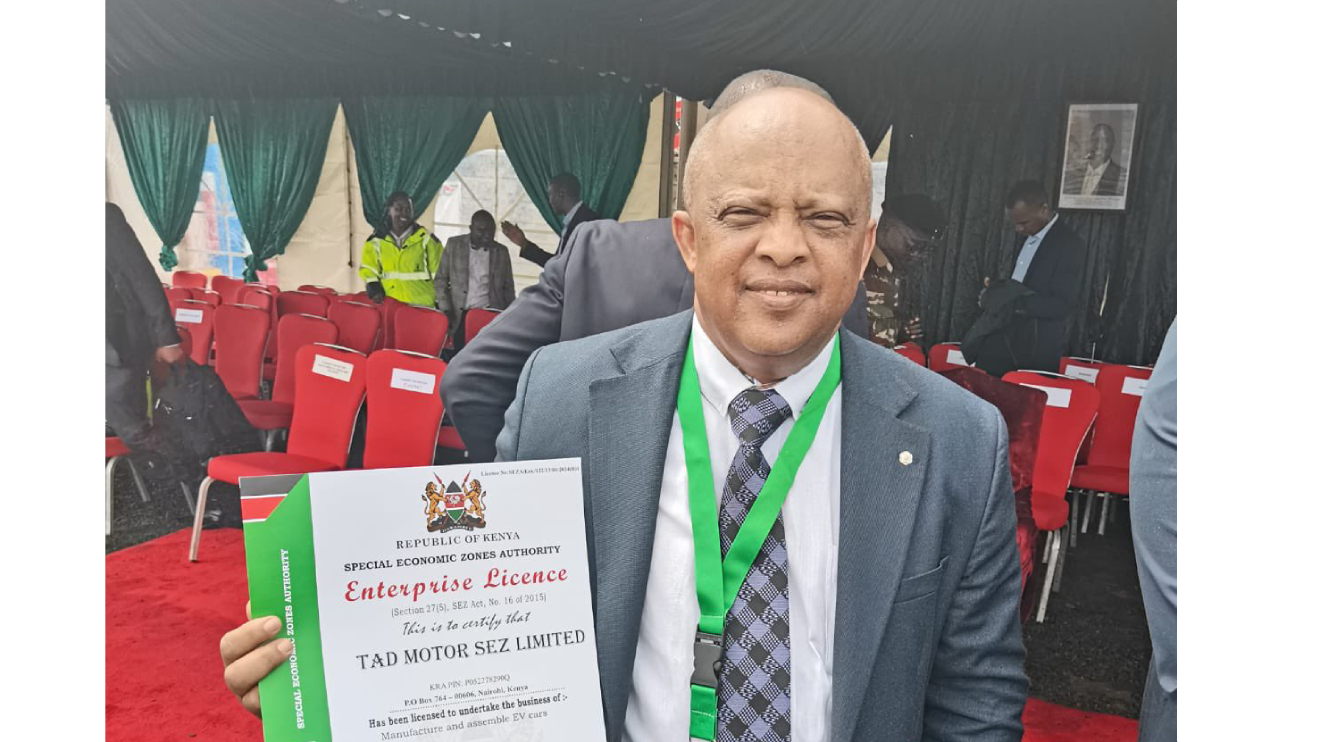Kenya's National Assembly witnessed a dramatic turn of events concerning land ownership rights.
The Land Laws (Amendment) (Number 2) Bill, 2023, which proposed an annual land levy on freehold land within urban areas, has been withdrawn.
This move by the National Assembly Majority Leader, Kimani Ichung'wah, came amidst concerns about its constitutionality and potential negative impacts.
In a letter dated June 13th, Ichung'wah highlighted "a myriad of constitutional and legal issues arising from the Bill" and requested its withdrawal from consideration.
The proposed Bill, sponsored by Ruiru MP Simon King'ara, would have significantly altered land ownership dynamics in Kenya.
Read More
A key provision included imposing an annual levy on freehold land, essentially mirroring the land rent on leasehold properties.
This levy was calculated based on the size and location of the property.
Furthermore, the Bill potentially granted the Lands Cabinet Secretary the authority to compulsorily acquire land deemed necessary by the government.
Experts like Dr. Mwenda Makathimo of the Land Development and Governance Institute (LDGI) warned that this could lead to Kenyans losing their freehold land.
Makathimo equated the levy to "taxing Kenyans for owning land in urban areas," potentially jeopardizing inherited land or land acquired through purchase.
Eva Makori, Acting Regional Coordinator for the International Land Coalition (ILC) Africa, expressed similar concerns.
She argued that the levy could effectively convert freehold land to leasehold, potentially dispossessing those unable to afford the levy, including indigenous communities with ancestral land holdings.
The Bill's withdrawal comes after initial denials of its existence by Ichung'wah.
However, evidence confirmed its passage through various parliamentary stages before the sudden withdrawal.
This episode highlights the ongoing debate surrounding land ownership rights in Kenya, with concerns about government overreach and potential dispossession balanced against potential revenue generation through land levies.








